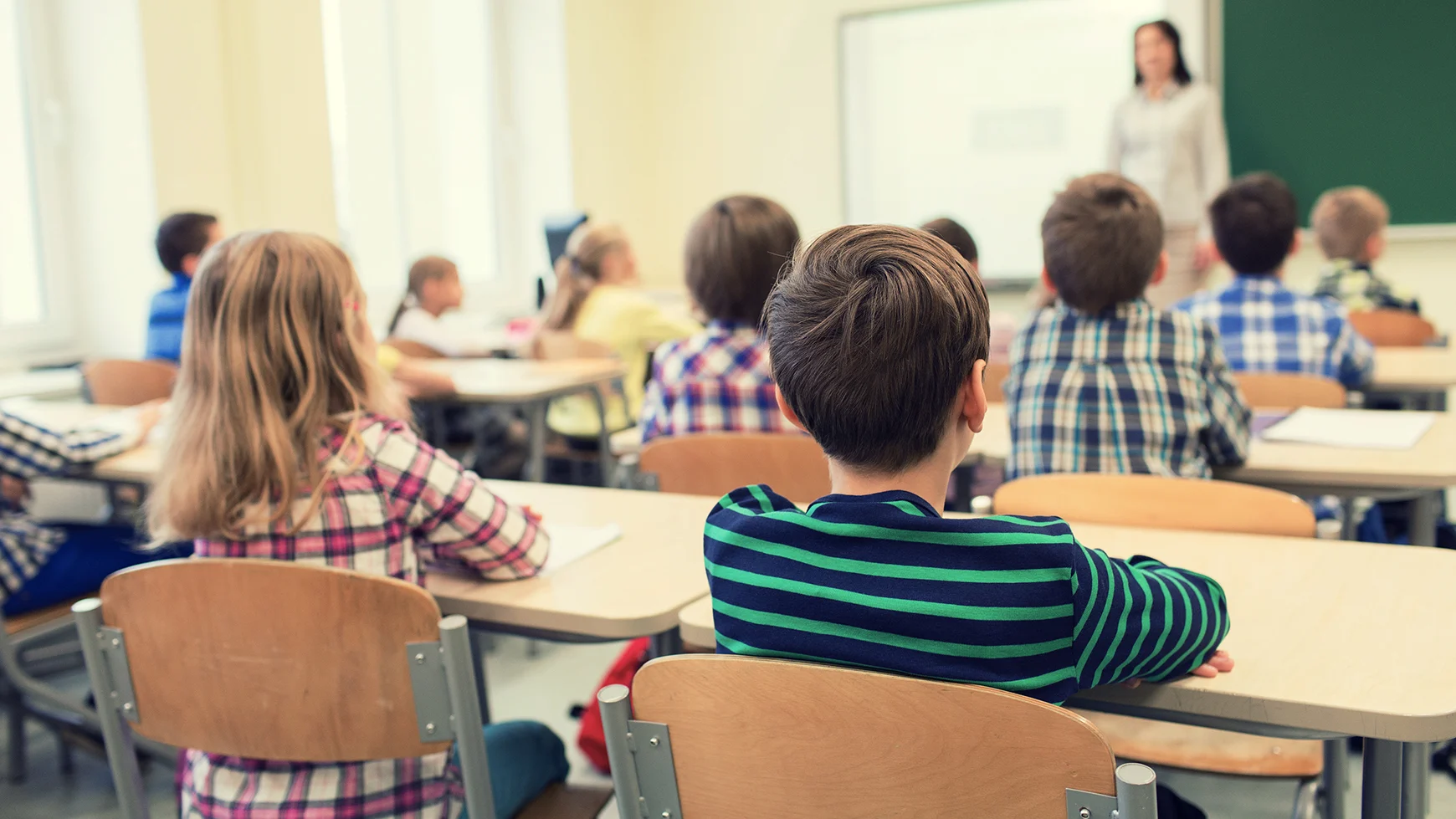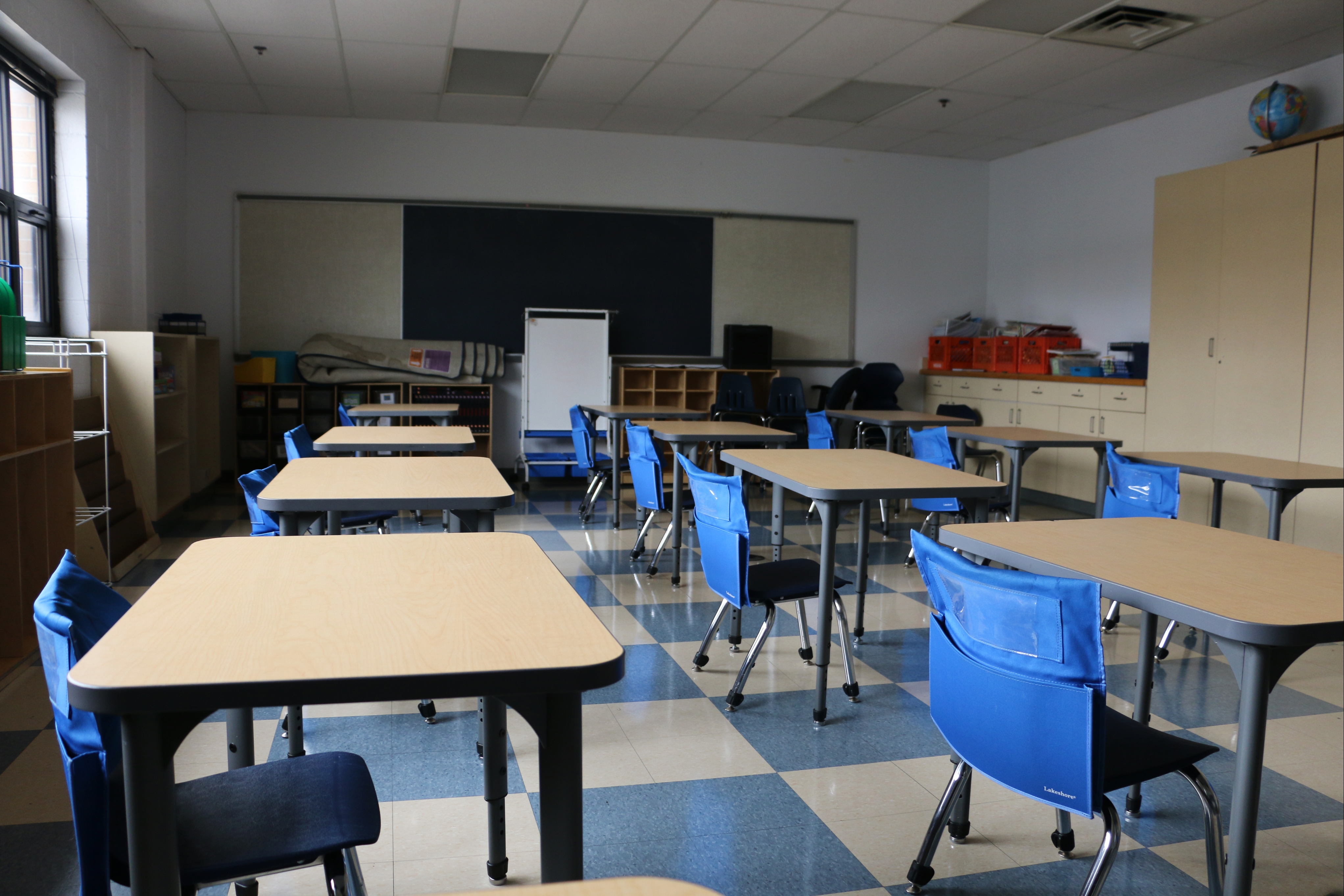Innovative Solutions to Save Temecula Schools from Budget Plan Cuts
Innovative Solutions to Save Temecula Schools from Budget Plan Cuts
Blog Article
Comprehending the Value of Colleges in Kid Growth and Community Development
Institutions' interaction with local communities through service-learning campaigns strengthens the bond in between family members and instructional organizations. This symbiotic relationship underscores the significance of schools in nurturing energetic citizenship and long-lasting understanding routines.
Academic Achievement
Academic achievement works as a keystone of kid development, supplying the structure whereupon future discovering and success are built. Institutions play a critical role in cultivating this academic growth, using organized atmospheres where kids can acquire necessary expertise and cognitive skills. Standardized educational program ensure that students gain efficiency in core topics such as mathematics, science, and language arts, which are crucial for both higher education and learning and specialist chances.
Along with giving basic academic skills, institutions additionally cultivate critical reasoning, analytical abilities, and intellectual inquisitiveness. These cognitive proficiencies are important for browsing complex real-world situations and adjusting to the ever-evolving demands of the modern-day workplace. Teachers, as facilitators of knowing, employ diverse pedagogical strategies to deal with different understanding styles, therefore taking full advantage of private pupil potential.
Moreover, scholastic success is carefully linked to self-confidence and inspiration. Children that experience academic success are more probable to establish a positive self-concept and a long-lasting interest for discovering. Institutions additionally supply numerous resources, such as collections and innovation, which further improve the instructional experience and prepare pupils for a technically sophisticated society.
Social Ability Growth
Beyond academic success, the duty of institutions in social ability development is vital. Schools work as a main place for children to find out and exercise essential social skills such as conflict, cooperation, and interaction resolution. In the organized setting of a class, trainees communicate with peers, instructors, and other college staff, providing countless possibilities to create these crucial abilities.
Effective social skill growth in schools is promoted through team activities, collaborative jobs, and extracurricular programs. These interactions help pupils recognize social standards, develop empathy, and cultivate a sense of neighborhood. For circumstances, team projects show pupils exactly how to interact towards an usual goal, pay attention to various point of views, and navigate disputes constructively.

The farming of social skills during academic year lays a structure for future individual and expert relationships. Save Temecula Schools. As trainees grow, the capability to properly interact and team up becomes progressively crucial, underscoring the institution's critical function in all natural youngster advancement
Exposure to Diversity
Exposure to diversity in institutions is essential to fostering a comprehensive state of mind and broadening trainees' viewpoints. Schools offer as a microcosm of the wider culture, and coming across varied societies, languages, and socioeconomic histories within this atmosphere equips pupils with important abilities for browsing an increasingly globalized globe. This exposure motivates compassion, lowers prejudices, and promotes common regard amongst peers.
Study suggests that trainees that communicate with peers from diverse backgrounds exhibit far better analytic abilities and imagination. This understanding of diversity prepares students for future workplaces that value multicultural skills - Save Temecula Schools.

Community Engagement
The advantages of varied classrooms extend past the school wall surfaces, his explanation promoting a solid sense of neighborhood engagement among students. By connecting with peers from numerous social, socioeconomic, and ethnic histories, pupils gain a broader viewpoint and an admiration for variety. This exposure motivates them to become energetic citizens that are eager to add positively to their neighborhoods.
Colleges that highlight neighborhood engagement often integrate service-learning projects, which permit trainees to attend to real-world troubles while using scholastic abilities. These jobs not just improve students' understanding of their coursework but likewise infuse a feeling of obligation and empathy. In addition, collaborations between schools and regional companies supply students with opportunities to take part in community occasions, even more strengthening their function as aggressive neighborhood members.
Furthermore, adult and community involvement in schools enhances the bond in between universities and the areas they offer. When schools open their doors to neighborhood events, workshops, and volunteer chances, they create a joint atmosphere that benefits all stakeholders. This shared support group guarantees that pupils receive all natural growth, preparing them to become well-rounded people who value and add to their neighborhoods. Through these initiatives, schools play a critical function in nurturing neighborhood engagement and promoting social development.
Lifelong Discovering Habits
Developing lifelong discovering practices is essential for a child's constant growth and adaptability in an ever-changing globe. Institutions play an essential function in instilling these practices by creating an atmosphere that cultivates interest, vital reasoning, and a love for knowledge. With extracurricular tasks and diverse curricula, teachers urge students to discover various topics, examine info seriously, and apply their finding out to real-world situations.

Additionally, institutions provide a structured environment where kids can establish self-discipline and time management skills, both of which are vital for continual knowing. By emphasizing the significance of setting goals, assessing development, and adapting techniques, universities prepare pupils to browse the intricacies of grown-up life, ensuring they stay lifelong students and contributors to society.
Conclusion
In verdict, schools are crucial in fostering youngster development and community development by supplying settings conducive to academic achievement, social ability growth, and exposure to diversity. Ultimately, institutions cultivate lifelong knowing practices, gearing up people with the necessary expertise and abilities to add favorably to society.
In the structured setting of a class, pupils connect with peers, instructors, and various other institution personnel, providing various these details opportunities to create these crucial capacities.
In essence, direct exposure to diversity within schools not just improves specific pupils but likewise strengthens the social fabric of the neighborhood as a whole.
The advantages of varied class extend past the institution walls, official source cultivating a strong sense of community engagement among pupils.Schools that emphasize area involvement typically integrate service-learning tasks, which enable pupils to attend to real-world troubles while using scholastic skills. Partnerships in between colleges and neighborhood companies offer students with opportunities to get involved in neighborhood events, additionally solidifying their duty as positive area members.
Report this page